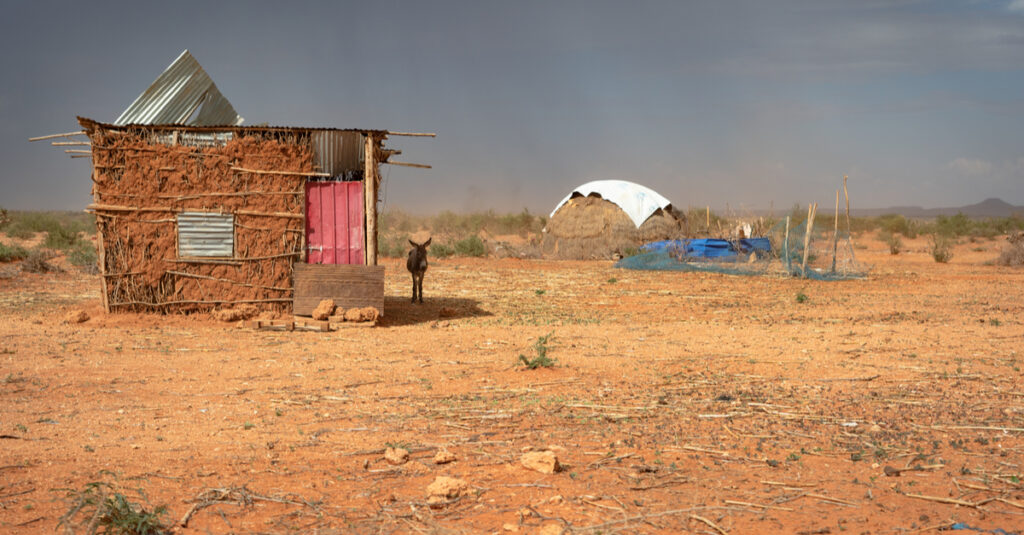The effects of climate change will be felt more in economic terms, especially in less developed regions such as Africa, a continent that is particularly vulnerable to climate change. This concern was at the heart of the seventh session of the African Regional Forum on Sustainable Development (ARFSD), held from 1-4 March 2021 in Brazzaville, Congo. Co-organized by the Economic Commission for Africa (ECA) and the World Food Programme (WFP), the Fraad 2021 focused on the climate emergency through the theme, “Building Better: Towards a Resilient and Green Africa to achieve Agenda 2030 and Agenda 2063”.
During the forum, Vera Songwe, the Executive Secretary of ECA explained that at the current rate of global warming, the areas most affected by climate change will lose up to 15% of their gross domestic product (GDP) by 2030. These forecasts are supported by several other statistics. The United Nations Environment Programme’s (UNEP) report Africa’s Adaptation Gap notes that a warming of about two degrees Celsius would lead to a 10% reduction in total agricultural output in sub-Saharan Africa by 2050; a higher (more likely) warming could increase this figure to 15-20%.
The bad news does not end there for African agriculture. By the middle of the century, wheat production could fall by 17%, maize by 5%, sorghum by 15%, and millet by 10%. If warming exceeds three degrees Celsius, all regions currently producing maize, millet and sorghum would become unsuitable for these crops. The question is therefore whether Africa’s agricultural system is ready to meet the challenge.
The need to invest in sustainable infrastructure
To avoid the materialisation of these scenarios, “African countries must prioritise and intensify investments in rural transformation, sustainable infrastructure and human capital development as they strive to eliminate hunger and food insecurity. This will not only help sustain the progress that is being made, but also contribute to the continent’s quest to achieve “zero” hunger, as supported by the Sustainable Development Goals (SDGs) and Africa’s 2025 commitment to end hunger and the Aspirations of Agenda 2063,” says Chris Toe of the World Food Programme (WFP).
Launched in 2015, the Fraad aims to advance the integrated implementation of the mutually reinforcing 2030 Programme and Agenda 2063. To this end, the Regional Forum provides a multi-stakeholder platform for monitoring and reviewing progress and challenges in the implementation of both programmes, while enhancing learning and advocating for effective policy measures and actions.
Boris Ngounou
